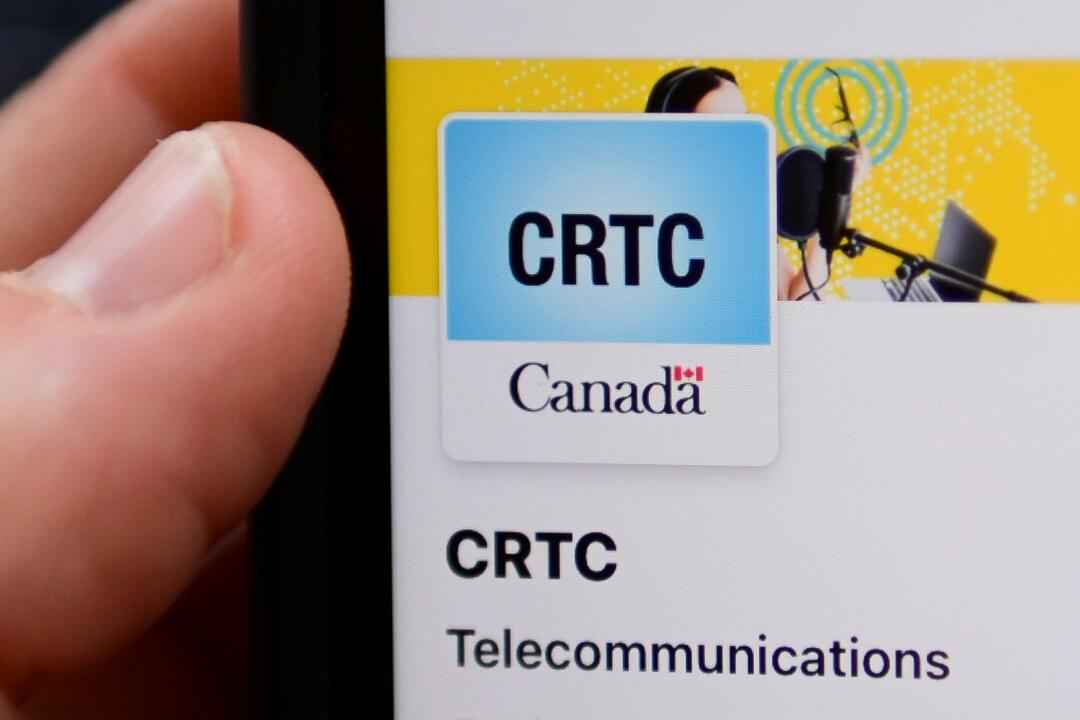Commentary
The authors of Canada’s plans to regulate the internet have insisted for almost two years that freedom of expression is not at risk.

The authors of Canada’s plans to regulate the internet have insisted for almost two years that freedom of expression is not at risk.